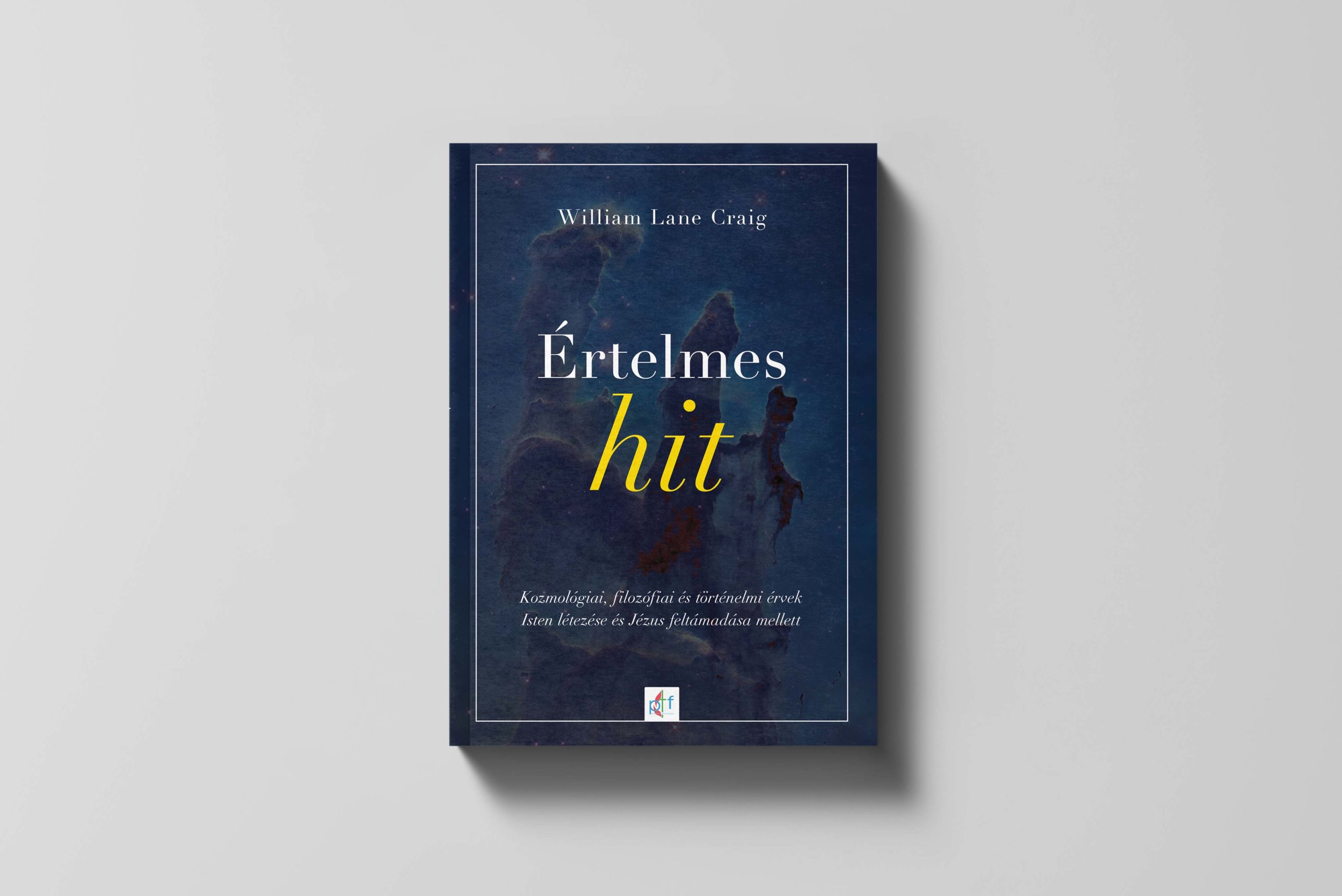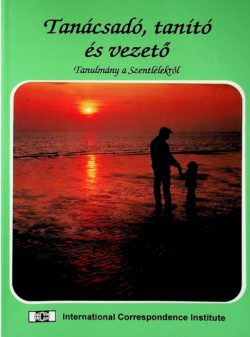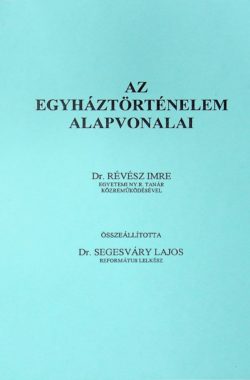Description
What does the book contain?
Check out the table of contents of the 544-page paperback book:
Who is the book for?
"There are no good arguments for the existence of God," we read in blogs, magazines, and books. And - to be completely honest - if we ask our questions in Christian circles, the situation is no better there either. In the best case, we get weak answers lacking scientific foundations, in the worst case, they are outraged that we ask questions at all.
Az Reasonable faith this is not the way to go. Whether you are a Christian, an atheist, or unsure about the existence of God or the truth of Christianity, this book is useful for us if we really want to get to know some of the best arguments for Christianity available today.
It is for you if you have already asked yourself the following questions:
- Does my life have ultimate meaning and significance if God does not exist?
- Are there good arguments for God's existence?
- Do the discoveries of modern cosmology disprove the existence of God?
- How can we explain the fine tuning of the universe around us?
- Are there objectively right and wrong actions? If there are, what does it say about the existence of God?
- Did Jesus live?
- What is the best explanation for the events surrounding the alleged resurrection of Jesus?
By William Lane Craig

He is a professor of philosophy at Talbot School of Theology and Houston Baptist University. He earned a bachelor's degree at Wheaton College, and after a master's degree at Trinity Evangelical Divinity School, he earned two doctoral degrees in Europe (University of Birmingham, PhD, 1977 and University of Munich, dr.theol., 1984). He is a visiting lecturer at universities such as Harvard, Princeton, Yale, Stanford, Oxford, Cambridge and Peking University. In 2004, he founded the non-profit organization Reasonable Faith, which reaches hundreds of thousands per month with its apologetics-themed videos, articles, and audio materials.
Dr. Craig is the author or editor of over 30 books and over 100 articles in philosophical and theological journals. In 2021, he is ranked as the 11th most influential living philosopher and the 5th most influential living theologian based on independent rankings by The Best Schools. In the previous 30 years, he debated with atheist philosophers and scientists such as Richard Dawkins, Sam Harris, Christopher Hitchens, Lawrence Krauss, Sean Carroll or Peter Atkins. The debates were followed by thousands on the spot, and since then by tens of millions on the Internet.





